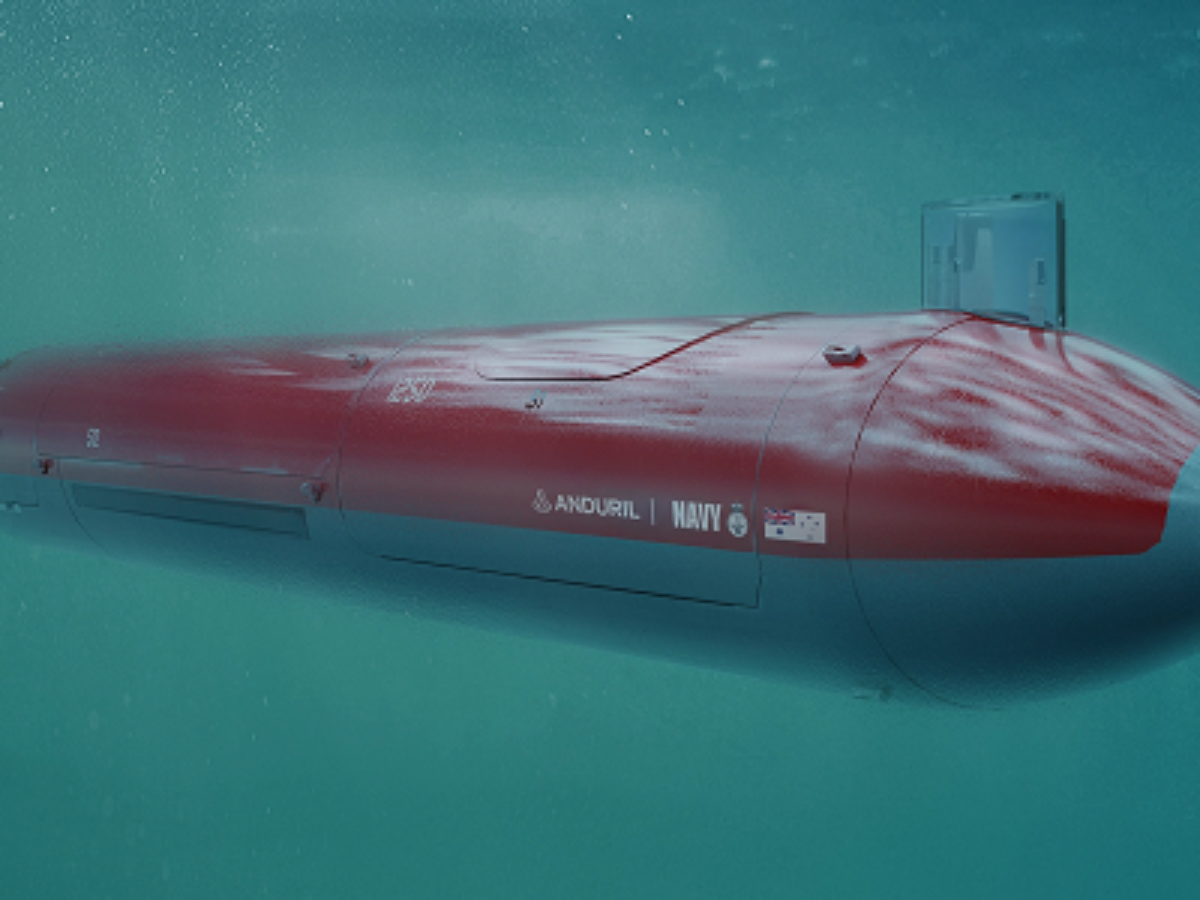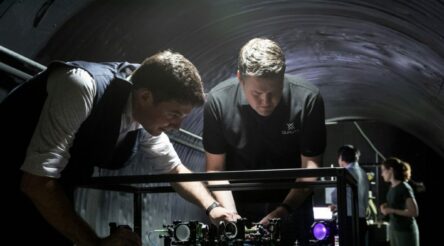EMVision cashed up from three government and non-government grants
Medical imaging company EMVision Medical Devices expects to receive $8.8 million in funding from three grant programmes in the current quarter. The company received in November $1.2 million in milestone payments from the Australian Stroke Alliance which is funding its development of a system utilising microwaves to image stroke. The company told investors that an initial $2 million grant due under its modern manufacturing initiative award had been received, with a further $1.75 million due in May. EMVision is now finalising a $2.5 million grant from the NSW Medical Devices Fund. EMVision has also received a cash rebate of $2.5 million from its R&D tax incentive claim for FY 22.
Forbidden Foods gets a taste of US market
Infant and toddler food manufacturer Forbidden Foods has announced the purchase of its first samples of its Blue Dinosaur branded products by US retailers. The company told investors it anticipated additional orders from large retail groups in the coming weeks. Forbidden has completed integration with its US distribution partner KeHE allowing seamless electronic ordering by US customers. The Blue Dinosaur bite range has now been rolled out into Coles stores across Australia, while the company's ecommerce channels achieved a 110.9 per cent sales increase in November to reach $73,000, compared to the previous corresponding period.
Anduril raises $1.48 billion in funding
Underwater drone manufacturer Anduril has raised $1.48 billion in series E funding in the United States, underlying the depth of US capital markets and the relative shallowness of Australia's. The company is developing a number of autonomous vehicle projects for the US government, and has a $100 million contract with the Australian Defence Force to develop an Extra Large Autonomous Undersea Vehicle (pictured) for the Royal Australian Navy. Anduril has established an Australian subsidiary Anduril Australia and established a R&D facility in Sydney.
Flinders' expands women in STEM course
Flinders University’s Diploma of Digital Technologies is expanding with a further 120 places for women to gain practical high-tech digital skills vital for their career path and to meet workplace demand for upskilled workers. The latest $3.4 million commitment from the Commonwealth Government is in line with the demand for digital upskilling around Australia and follows the first round of funding for women in STEM in 2021. The Flinders University diploma course offers online and intensive workshops in topics covering cybersecurity, 3D printing, robotics and autonomous technologies, IoT and sensor-based systems, electronics, design and CAD, innovation and Industry 4.0. More than 150 women are already gaining skills in the programme from a range of industries, from advanced manufacturing, defence and space to wine, government, small-to-medium businesses – and STEM teachers who will encourage more students into engineering and other fields.
Tindo solar panel sales double
Rising energy costs, media discussion about an impending recession and increasing consumer awareness of buying quality have doubled the sale of solar panels in the space of two months for Australia’s only domestic solar panel manufacturer, Tindo Solar. The increase in sales from September to November for the Adelaide-based manufacturer was accompanied by a doubling in battery sales over the same period. Tindo Solar Chief Executive Officer Richard Petterson said the upsurge in panel and battery sales was predominantly due to warnings about electricity price rises, with an underlying concern about the economy. There was also a longer-term trend of consumers recognising the importance of quality and preferencing Australia-made. He said: “Consumers have spent several months watching energy prices rise and being warned that there are more to come. Along with the inflation outlook and talk of recession, we can see Australians wanting to take control of their electricity costs by using the Sun as an energy source and storing that energy in a battery.”
Assistance worth $2.2 million announced for WA medtech efforts
Last week Western Australian medical research minister Stephen Dawson announced a $2.2 million package to support nine new projects and initiatives through the Future Health Research and Innovation (FHRI) Fund. Four Clinician Research Fellowships totalling $1.4 million were allocated, supporting “WA Health employees so they can pursue high-quality research projects that will lead to better outcomes in WA's public health system.” $600,000 was allocated under the inaugural Innovation Fellowships 2022 Program to support five health and medical-related innovation projects, “to identify and nurture the development of early-stage innovations” ranging from “a potential new approach to preventing childhood ear infections to addressing resistance to antibiotics. 21 WA clinicians were also supported in the first cohort of the Australian Clinical Entrepreneur Program (AusCEP) through a $200,000 contribution.
Adherium receives $1.29 million R&D Tax Incentive payment
ASX-listed respiratory health and remote monitoring company Adherium has announced that it has received $1,287,000 in cash under the Australian R&D Tax Incentive for the 2022 financial year. The incentive is a federal program developed to assist
businesses to access refundable tax offsets for expenditure on eligible research and development activities. CEO Rick Legleiter said, “The support of the Australian Government for in-country R&D initiatives is really appreciated by Adherium and plays an important role in developing our business”. The company cited continued direct investment in Australia by recruiting and hiring
an internal, predominantly Melbourne-based, software engineering team to progress its research and development roadmap.
Industry power the key to faster capability, says NIOA
NIOA’s head of weapons and munitions division has said that harnessing the power of industry to quickly mobilise sovereign capability will be a key test of the Defence Strategic Review (DSR), which is due out early next year. Ben James told an Australian Industry & Defence Network (AIDN) dinner in Brisbane that Australia is lagging in defence preparedness, pointing to comments by defence industry minister Pat Conroy that acquisition of military equipment needed to be fast-tracked in light of the deteriorating global strategic environment. The DSR, being conducted by former defence minister Stephen Smith and former defence force chief Sir Angus Houston, is expected to be handed over in February. James said he hoped the DSR would be a catalyst for Defence to focus on three key areas: “Moving faster in selected capabilities”; “investing in long-term sovereign solutions”; and “letting industry do what industry does best”.
Glaciem to launch into US following award
Adelaide-based high-tech heating and cooling company Glaciem will launch into the US market, possibly as early as 2023, after being picked in a global competition to accelerate New York’s goal to be an American hub for clean energy storage, development, and manufacturing. Glaciem’s decarbonisation technology was one of 10 international initiatives – and the only Australian entry — to be chosen by New York-based not-for-profit, The Clean Fight, to receive benefits valued at up to $US100,000 to rapidly scale sales and manufacture in New York. The award win was announced in New York City last week, with Glaciem chosen for its ability to reduce carbon footprints through heat pump technology providing heating and cooling solutions to commercial and industrial
customers. It uses a carbon dioxide refrigerant with “negligible global warming potential and minimal toxicity compared to common alternatives such as ammonia”.
Picture: Anduril






